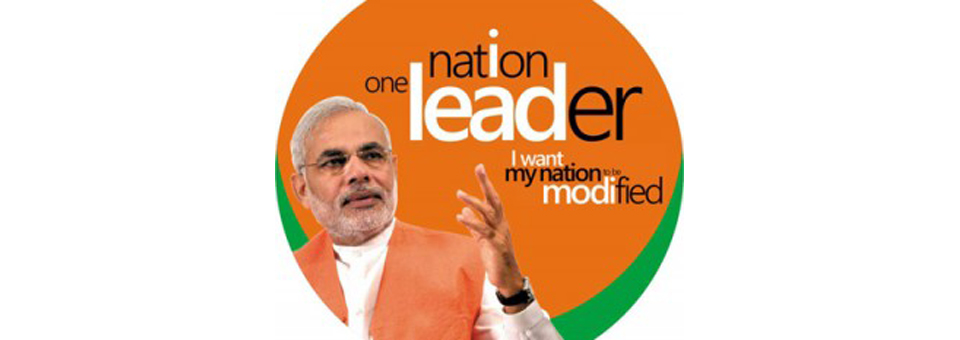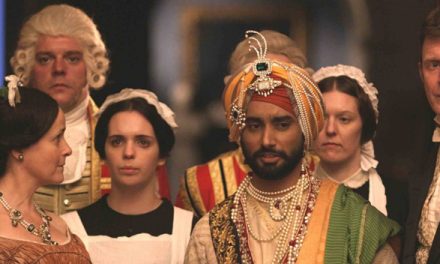Riot this. Riot that. It seems that all of Britain is reeling from the scourge of lawlessness and criminality sweeping our cities, and at its heart is the word ‘riot’. Emblazoned across almost every TV screen in the country, the word ‘riot’ has been in continual usage since these outbreaks began. Yet what constitutes a riot? And where do we stop using the term?
By the letter of the law, a riot is ‘a disturbance of the public peace by three or more persons acting together in a disruptive and tumultuous manner’. That makes my cousin’s pre-wedding party last month a riot; surely there is more? Well there is. Apparently it’s a ‘disorderly public outbreak’. Yet surely the events across the country constitute more than this?
In a country where one can’t wee in the street without the prospect of receiving a fine, witnessing the looting of cars and shops only to then be set alight whilst dumbfounded police forces look on is certainly riotous activity. But by confining the terminology to a ‘riot’ the politicians and media have allowed this sheer criminality to be viewed as more of a nuisance, a proverbial fly to be swatted, than a more serious or sinister matter.
This week we have been met with a situation that beggars belief: Police running from looters, nearly every major city affected in some way or another, three dead in Birmingham and not to mention millions of pounds of damage. Yet still it remains a ‘riot’.
Now it’s not in my remit to provide some linguistic solution, if required at all, to the parameters of the word ‘riot’. My aim in this article is to compare the events of the past few days to a series of ‘riots’ that happened following the death of former Indian Prime Minister Indira Gandhi in October of 1984 (I shan’t use the word ‘assassinate’ as that would suggest the element of surprise – she in fact prophesised her death).
For many years now, the despicable events seen in the aftermath of Gandhi’s death have been portrayed as ‘riots’. The supposed mass outpouring of grief in Delhi characterised by murder, arson, looting and police ineffectiveness was and still is officially deemed a ‘riot’. To the layman reading this article the events in India and the UK could almost be seen to be one and the same. Parallel some would say. Almost. The difference lies in three key places: the body count, deliberate targeting and the police.
The official death toll in India lies at over 3000, but that number is exceeded by many estimates. It is a number which reveals the inability of Indian bureaucracy to deal in hard facts. With more Commissions into the matter than I have fingers, we still find a use for estimates; a deplorable state of affairs indeed, if after more than 30 years we are dealing with approximation.
Then we have the issue of casualties across the spectrum. In India there were injuries on only one side. No police or mob injuries were reported. Compare that to the UK where we have casualties across all ‘sides’, be they battered Bobbies, hit and runs or apprehended looters.
Finally turning to the Indian Police, we find a systematic negligence and in many cases collusion with the orchestrators of the events. They and governmental officials were instrumental in providing specific locations for ‘rioters’ to burn and loot, according to Commission reports. Then they stood idly by and watched the macabre drama unfold in front of them. The scene from the film ‘Amu’ comes to mind. Without the short arm of the Law to protect them, many resorted to protecting themselves and their Guru housed in Gurdwara premises. Cue an image of Southall, UK a few days ago. Yet in 1984 India, their fellow Sikh defenders were in many cases disarmed by the police and left to burn, literally.
So what’s my point here?
There are key differences that force these two events to be considered poles apart. The only thing that links them is the continual use of the word ‘riot’. In recent days, we in the UK have been exposed to what constitutes a riot. We now know the parameters in which such a word may be used and from this we can deduce that the events of 1984 never were ‘riots’ at all.
So it is the hope of many like myself that such terminology be stricken from the history books; to finally wash away the notion that the events in October 1984 were anything less than murder and calculated genocide. Maybe, just maybe, people then might start taking the horrible events of that time seriously.





